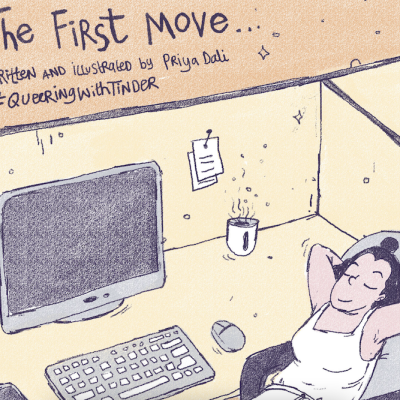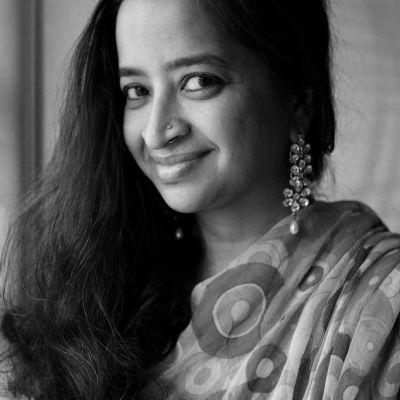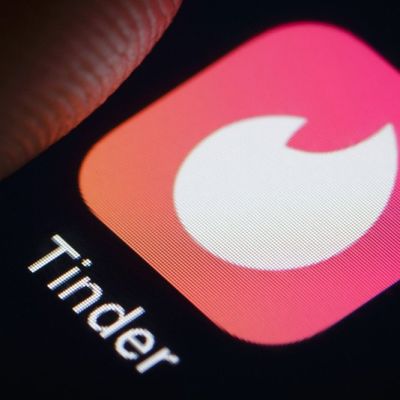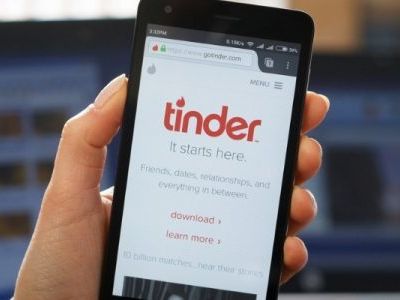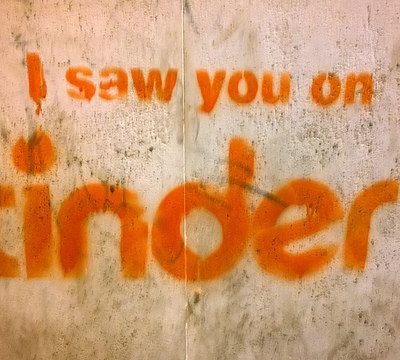tinder
This short and cute graphic story by Priya Dali, published by Gaysi in collaboration with Tinder, captures the playful initial stages of online dating as Maya tries to make the first move on Rae with the help of colleagues.
You see, numbers are tricky, data is tricky. More importantly, data is dehumanising. Add sexuality and intimacy to this and the waters get even murkier. Maybe it’s good to leave a few things unaffected by too much data. Maybe we do not want to talk about data and sexuality. Maybe we instead want to talk about why data around gender and sexuality must not be recorded, and instead, maybe focus on why we should honour every kind of sexual preference which is within the purview of the safe and consensual.
To be without intricacies is to be without emotional boundaries, to disregard whoever whenever. Besties save you from your shit. They are your heart, and they transcend any efficiency that the Tinderization Bestie Robot attempts to offer you in its binary fantasy.
I was watching something recently that said it was a bad thing to be vulnerable, but I don’t think it is a bad thing. I do see that there is a certain amount of power in vulnerability, it also needs courage, in my experience.
Honestly, there weren’t any specific rules for the game,
Consent basics, a little humour, but no stigma, no shame.
Every match that came my way, every person I spoke to, every time someone pointed to the word “asexual” in my bio – it was all an exercise in acceptance, compassion, and empathy. People were asking questions because they wanted to know how best to interact with me, how to respect my boundaries, how to to get over their own misgivings about ‘my kind’.
The point is not to lay the blame on women or assign them responsibility for patriarchy. It is to encourage a deeper introspection of our desires. My first boyfriend, whom I got to know in 2010, was in the habit of asking me (and other women he had previously dated) whether he could kiss me, before doing so. Every time any sexual activity was involved he would always ask beforehand and continuously check in if I was comfortable throughout.
Our desire to connect is perhaps one of the human aspirations that both Sexuality and the Internet serve. And with the Internet we now have new ways, unthought of even twenty years ago, of connecting with each other, and even at times with ourselves, finding aspects of our selves that we did not know existed.
Leaving Michael’s apartment one Tuesday morning, I smiled and said, “Have a good class today.” That may not sound like…
Online dating websites and apps are one of those technological innovations that people did not think would ever do well….
All this online dating activity must surely produce amusing stories. It was with this thought that Mumbai-based writer and illustrator Indu Kumar set about her art project #100IndianTinderTales.
I ressurected my account to be more pointed about who should swipe me left or right. But the problem wasn’t…
My friends thought I would never get onto Tinder. They thought I was too ‘cautious’ and ‘unadventurous’ for it. Well, “Challenge accepted,” I said.

